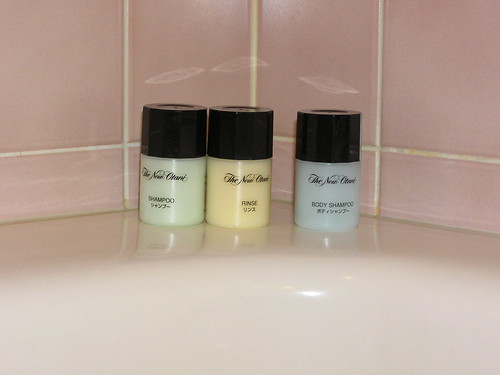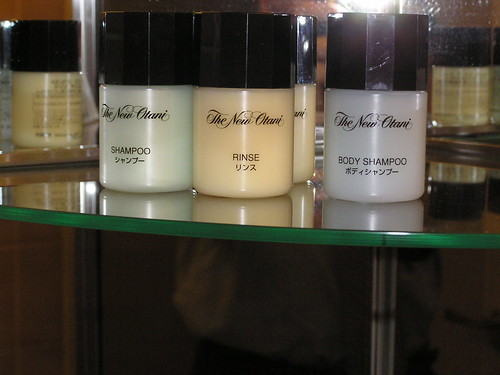The Japanese are notorious for being extremely good in producing quality goods. Companies worldwide have adopted Japanese methodologies and practices in order to improve the quality of their products. Countless business books laud Japanese manufacturing as a model for imitation.
This does not come out of nowhere. The Japanese spend a lot of time and effort to ensure that everything they do is done well. The quest for perfection is ingrained in all walks of life: from the lady cleaning the sidewalk in front of her home, leaving no leaf behind; through the delivery man, making sure he delivers on time and fills out every detail on his forms; to the shop attendant who wraps the goods purchased as if they were destined to be handed to the Emperor himself, no less. No matter how lowly and unimportant the job may seem to be, most Japanese will do everything to complete it to perfection.
Anyone who works in Japan notices this. Deliveries of products or services purchased by Japanese companies from overseas suppliers are almost always considered sub-standard by the Japanese, who expect a quality level that most foreign companies fail to achieve. One of our customers in Japan is nearing the end of their project and the test scenarios are being written for the final testing phase of the software. My colleagues did their utmost to produce what they believed were very detailed and comprehensive scenarios; having failed to satisfy this customer on previous deliveries, they really did their best this time. And the outcome was probably the best my company has done in a decade in terms of documentation, for any customer.
Last week I was in Tokyo and noticed that the engineers of our partner company were working on writing test scenarios. Puzzled, I asked them why they were still working on the scenarios, when these have been delivered by us already. After much prodding, they sheepishly admitted that our scenarios were simply not good enough, so they were re-writing them from scratch! One quick look at their work confirmed the sad truth: there is absolutely no way an Israeli engineer could have produced such documentation. Not in a thousand years, not under extreme torture. When I asked how much they were charging the customer for this work, the (unsurprising) reply was: nothing. This is what the customer expects as a standard in these types of projects, so they won't charge for it.
To illustrate my point, I'm going to use what may seem like a very trivial example. And yet, I believe that through this seemingly trivial example one can perhaps begin to grasp what I mean when I write that the quest for perfection is ingrained in the Japanese work ethic.
Here are a few pictures I took in my Tokyo hotel room last week:
1. The hand towels hanging in the bathroom. Note that the towels are folded in opposite directions, and placed on the rack at the exact height, so that the writing of the hotel name is perfectly aligned, as if it were one towel and not two.

2. The toiletries. The same set of 3 toiletry bottles are placed in the bathtub (first picture) and on the shelf (second picture). Needless to say, the bottles are positioned so that the writing is facing outside; that's a given. But look carefully: in both locations, the bottles are placed so that the "shampoo" and "rinse" bottles are touching each other, and the "body shampoo" is slightly to the right, not touching. You'd think this was a coincidence, right? I stayed in the hotel for 7 nights and every single day the three bottles were placed just so, in exactly the same manner.


3. The bedside table. See the glass half-filled with water? I left it there one morning. Instead of simply removing it, the cleaning lady took the pain of covering it with a piece of paper, just in case I needed that water again...

Some may scoff at these trivial examples saying they prove nothing. But after a long exposure to Japan I firmly believe that it is these seemingly trivial everyday activities - and there are hundreds of such small details in every walk of life in Japan - that are testimony to the quality and perfection inherent in Japanese culture.







